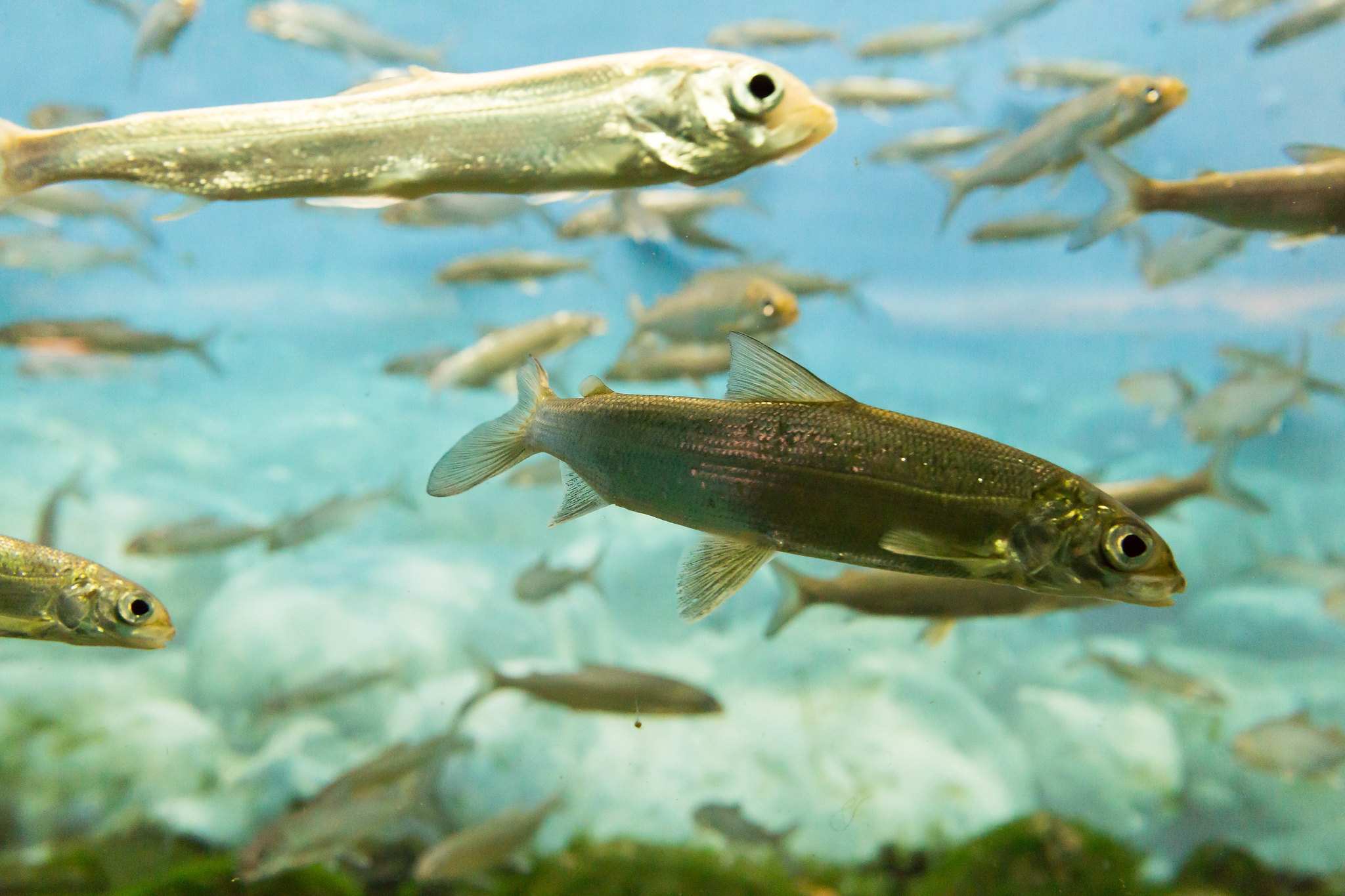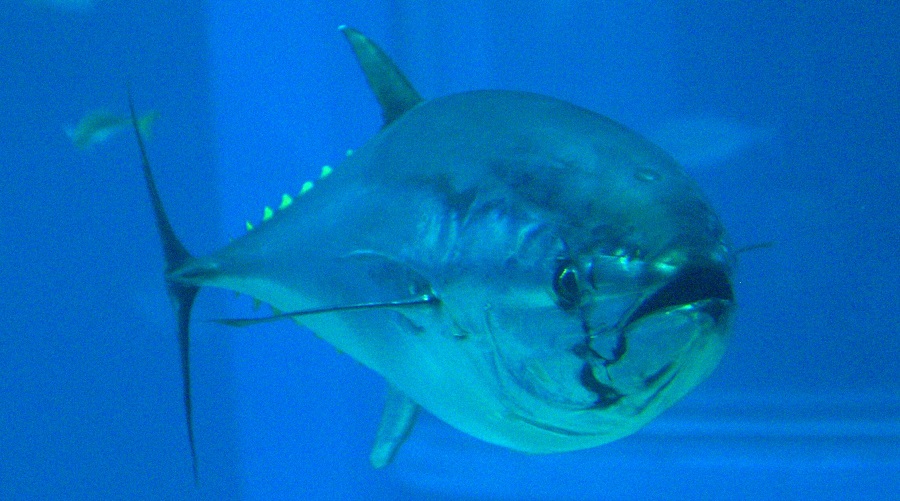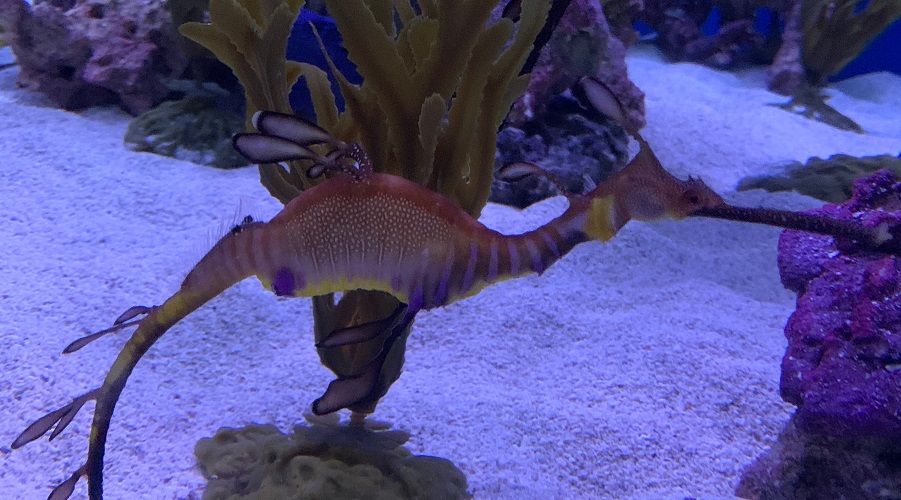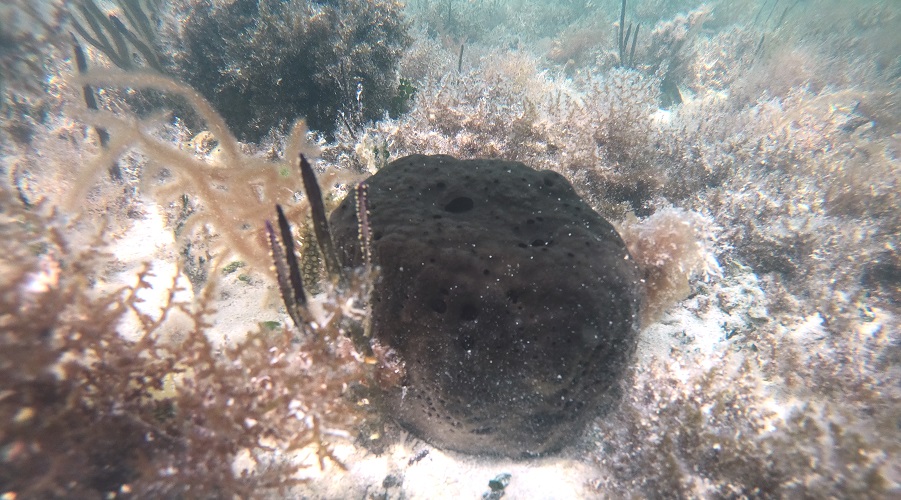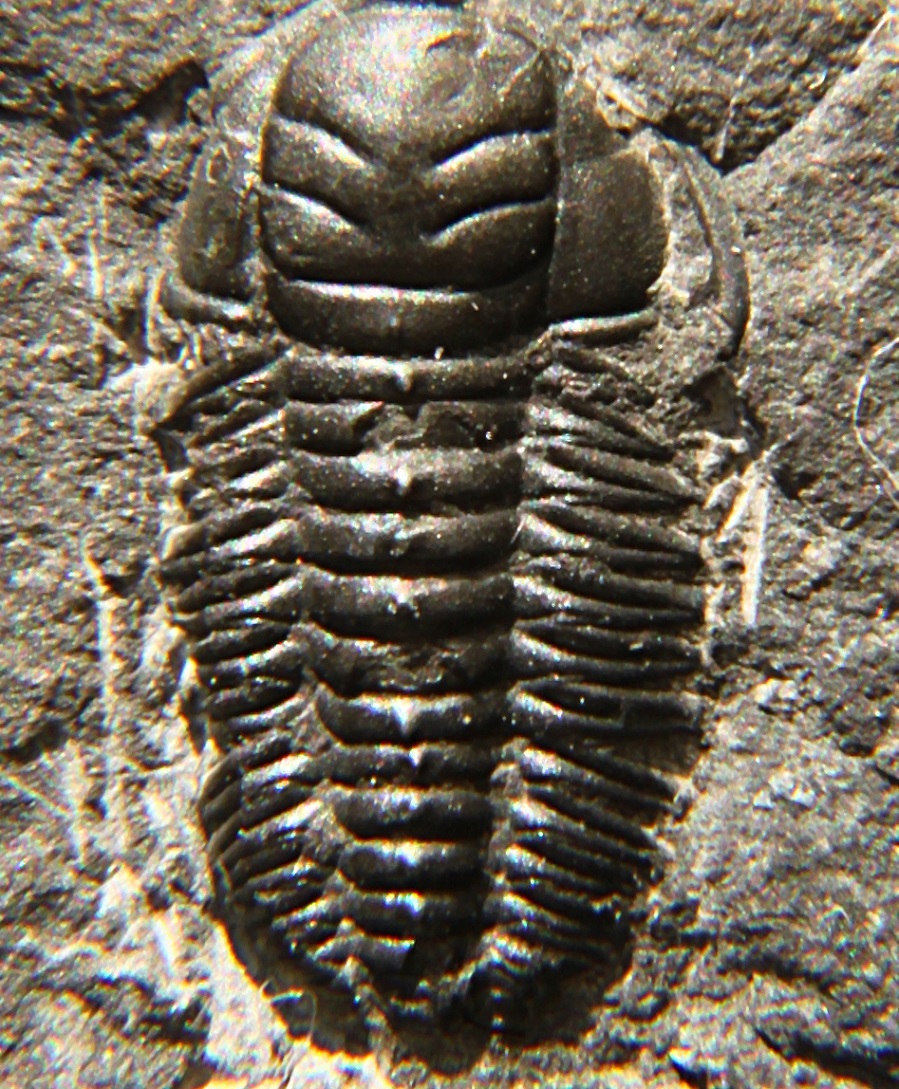
Trilobites- extinct marine arthropods that roamed the world’s oceans from about 520 million years ago until they went extinct 250 million years ago, at the end of the Permian period – may have grown in a similar fashion and reached ages that match those of extant crustaceans, a new study has found.


